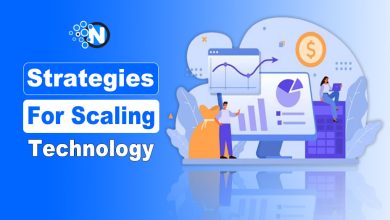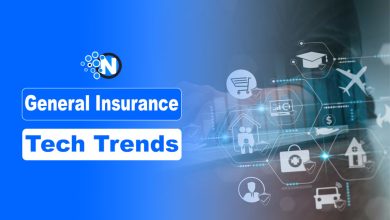Elon Musk: 10 Tech Phenoms That Prove the Billionaire Is the World’s Greatest Inventor
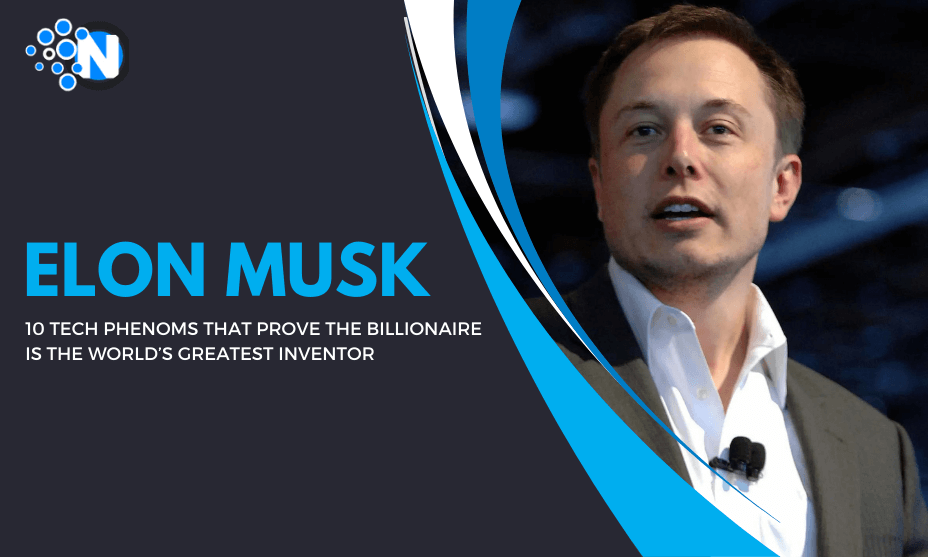
What springs to mind when you hear the name “Elon Musk”? First would probably be that he’s the world’s top three richest men, with a net worth of nearly $200 billion. He is a radical, free speech proponent, not afraid to step on toes or rub shoulders the wrong way, far from your average tech centibillionaire.
The accolades are nearly endless. But Musk’s journey to tech superstardom wasn’t a solo trek. He has hopped from one groundbreaking venture to another, leaving his mark on various industries and the world over. What new invention will he bring next?
Here’s a glimpse into 10 tech ventures where Musk played a role, shown in a timeline format.
10. Zip2 (1995-1999)
This was Musk fresh out of Stanford in 1995. He teamed up with his brother Kimbal to create Zip2, a web software company that provided city guide information and maps to media companies. That was ideally a primitive version of https://maps.google.com/.
While successful, Zip2 wasn’t a revolutionary concept. But this was Musk’s first big break pennywise, when Zip2 was acquired by Compaq for $307 million in 1999, providing Musk with his first taste of tech riches.
A brief pause here. So, you want to be the next Elon Musk, huh? If you’re a student in college and barely have time for inventing anything let alone finishing your studies and assignments, that might prove difficult. Here’s a neat trick: “hire someone at MasterPapaers.com to write my paper”. Professional essay writers will help you craft amazing papers through helping you with your research, streamlining your writing flow and proofreading your papers.
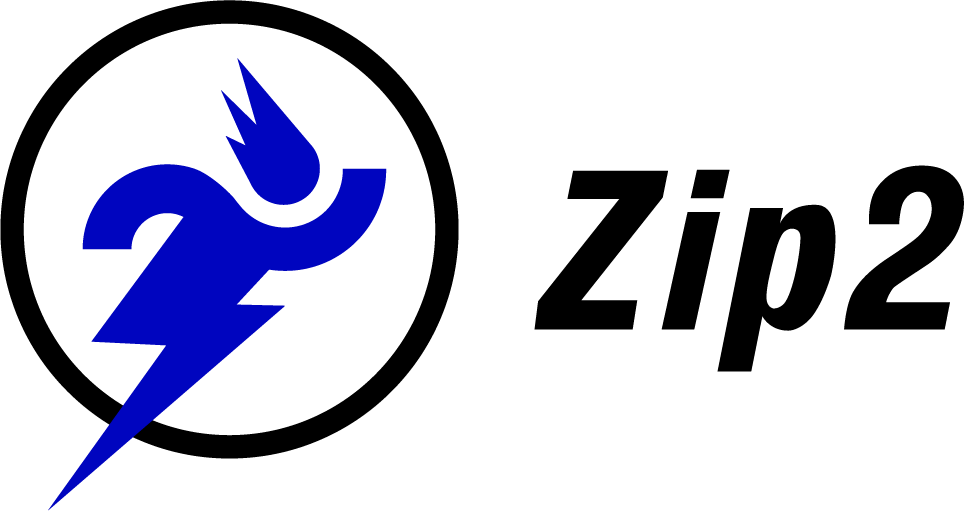
9. X.com (1999-2001)
The success of Zip2 and the funding that came with that provided musk with the fuel and cash for his next venture, X.com, an online financial services company. Musk’s intention was for X.com to be the “everything bank” of the internet age. X.com offered financial products like money transfers and online bill pay.
But X.com wasn’t the only player in that landscape, the company soon merged with a similar company, Confinity. This company boasted a more established online payment system – PayPal.
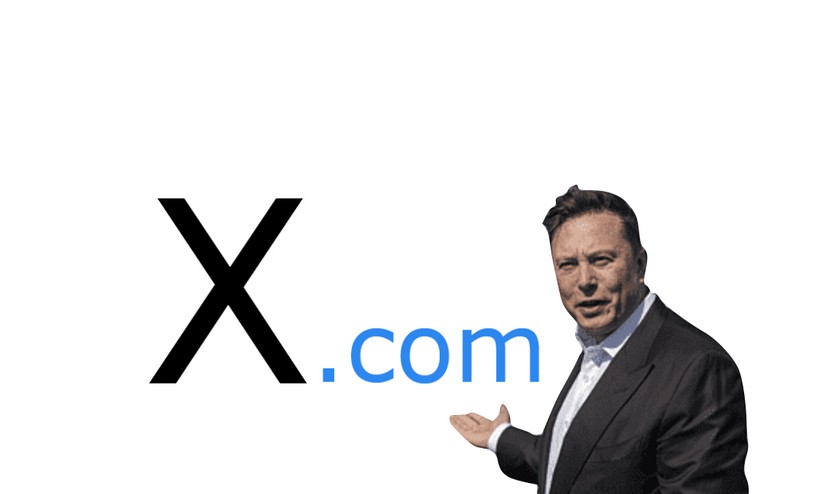
8. PayPal (1999-2002)
Under Musk’s leadership as CEO, PayPal became wildly successful, setting the tone for the giant we know today. PayPal revolutionized online payments, making sending and receiving money electronically easier and safer.
Musk had a vision for a broader financial platform. But, just like many other ventures he was part of and later left, disagreements with the PayPal board led to him being ousted as CEO in 2002.
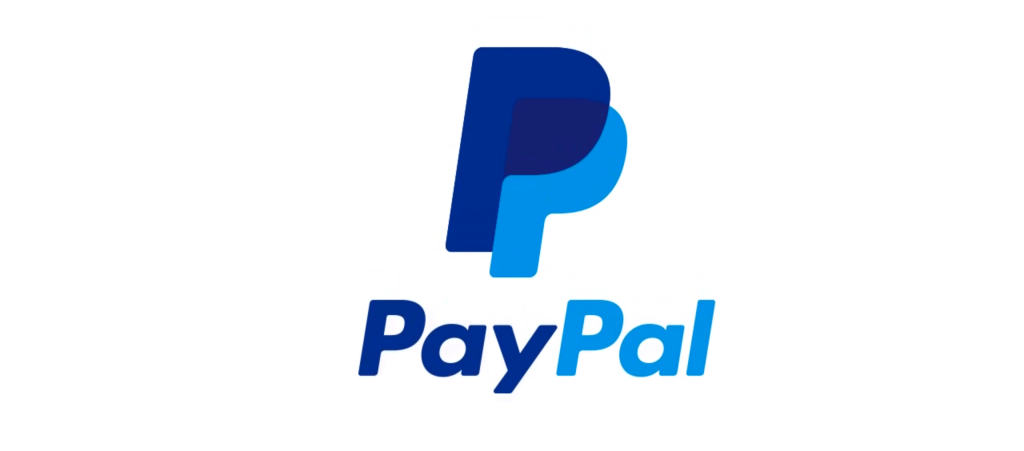
7. Tesla Motors (2004-Present)
Musk joined Tesla Motors in 2004, a fledgling company developing electric vehicles (EVs). Starting with the Tesla Roadster, which had already been under construction, Musk improved on the design. Under his leadership, Tesla revolutionized the EV market with high-performance, luxury cars like the Model S that came after the Roadster.
Beyond luxury cars, Tesla now offers more affordable electric vehicles like the Model 3 and Model Y. The Model Y became the best-selling car in the world in 2023, dethroning Toyota as the world’s leading automaker. pushing mainstream adoption of EVs. The company also designs and manufactures solar energy products like Powerwall batteries, creating a completely clean energy ecosystem.
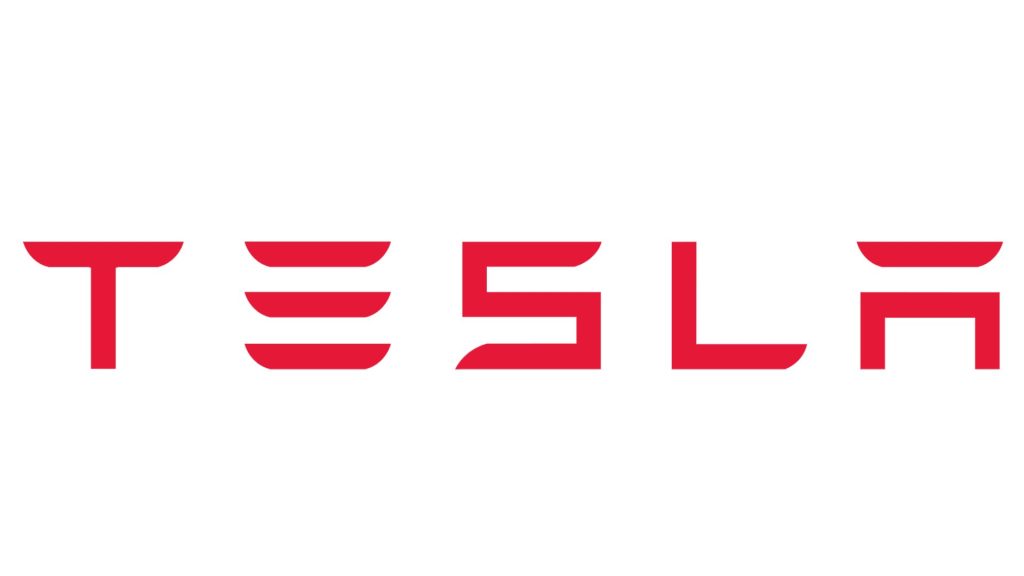
6. SpaceX (2002-Present)
SpaceX has effectively become the replacement for NASA when it comes to space travel. Founded in 2002 with the audacious goal of colonizing Mars, the company has drastically reduced the cost of space travel by developing reusable rockets.
While the company has met with multiple failures along the way, SpaceX’s achievements have been nothing short of phenomenal. It has successfully launched numerous missions, sent cargo to the International Space Station (ISS), and even returned astronauts to Earth.

5. SolarCity (2006-2016)
Musk’s passion for a carbon-neutral world and a reduced dependence on fossil fuels became apparent again when he co-founded SolarCity in 2006. The company aimed to make solar power more affordable and accessible to domestic homeowners and industries. SolarCity offers solar panel installation and financing solutions.
Musk, through Tesla, acquired SolarCity in 2016, for $2.6B and proceeded to create the world’s largest solar farm in Boulder, Nevada.
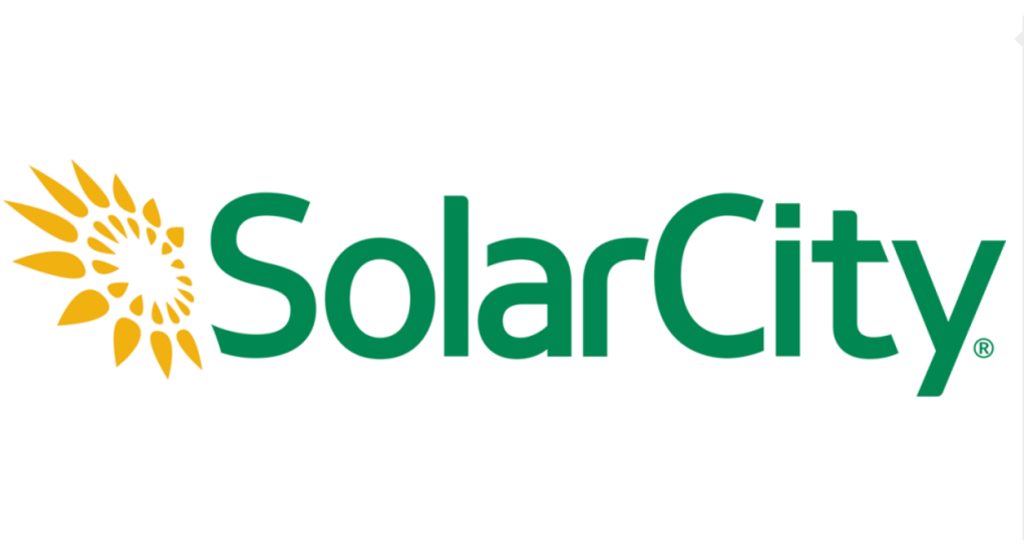
4. Hyperloop (2012-Present)
The hyperloop, which Musk unveiled in 2012, is a futuristic transportation system that would propel capsules through low-pressure tubes at ultra-fast speeds. The idea was to revolutionize travel by enabling near-sonic transportation between cities.
Hyperloop has so far faced significant technological and financial hurdles. However, it has sparked global interest in high-speed transportation. Subsequently, hyperloops have been built in countries like India, the Netherlands, Italy and the UAE.

3. Neuralink (2016-Present)
In 2016, Musk co-founded Neuralink, a neurotechnology company developing brain-computer interfaces (BCIs). BCIs aim to establish a direct communication link between the human brain and computers. The potential applications include for medical treatment, prosthetics control, and even augmented cognition.
In September 2023, Neuralink announced candidate intakes for possible human trials. In January 2024, Neuraink announced that it had successfully implanted its first human patient.

2. OpenAI (2015-Present)
OpenAI might just be one of Musk’s greatest contributions to humanity, although he didn’t explicitly find the company alone. Founded in 2015, OpenAI is a non-profit research company dedicated to the safe development of artificial intelligence (AI). OpenAI has been made even more famous by the generative AI application, ChatGPT.
Musk, along with other tech giants, initially funded OpenAI to ensure AI advancements benefited humanity. Musk later left the board due to conflicting priorities. However, his involvement in OpenAI reflects his concern about the potential risks and ethical considerations surrounding AI development. Musk has noted that AI has the power to become an even more destructive force than nuclear war, but that it can also be a force for human good and advancement. You are encouraged to buy essays if you want an A+ paper on OpenAI’s mission or on any AI topic.

1. X, formerly Twitter (2022-Present)
In 2022, Musk acquired Twitter, and the move was very contentious. As a self-described “free speech absolutist,” Musk’s stated objective was to build a platform that supports free speech and open discussion, which he believed Twitter’s current position to be against at the time.
His strategy has drawn criticism, though, because of reports that contentious individuals like Andrew Tate and Donald Trump have been reinstated. It is unclear how X will develop under Musk’s direction, but it certainly adds another level of complication to his already complex tech endeavors.
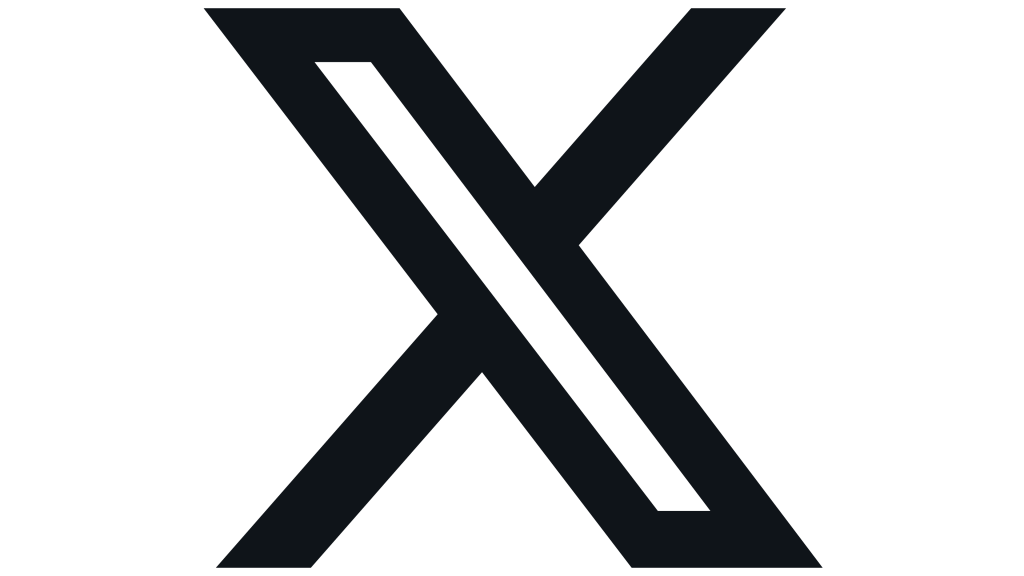
Elon Musk, the Man and the Genius
Musk is known for his long-term thinking and relentlessness in achieving his objectives. He is a true tech icon due to his ability to recognize and profit from upcoming technology.
Elon Musk is more than simply a CEO; he’s a linker and an innovator who pushes the envelope of what’s feasible. He is the most important figure in 21st-century technology since his endeavors continue to affect the future in a variety of sectors.


